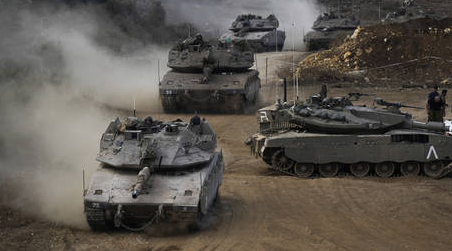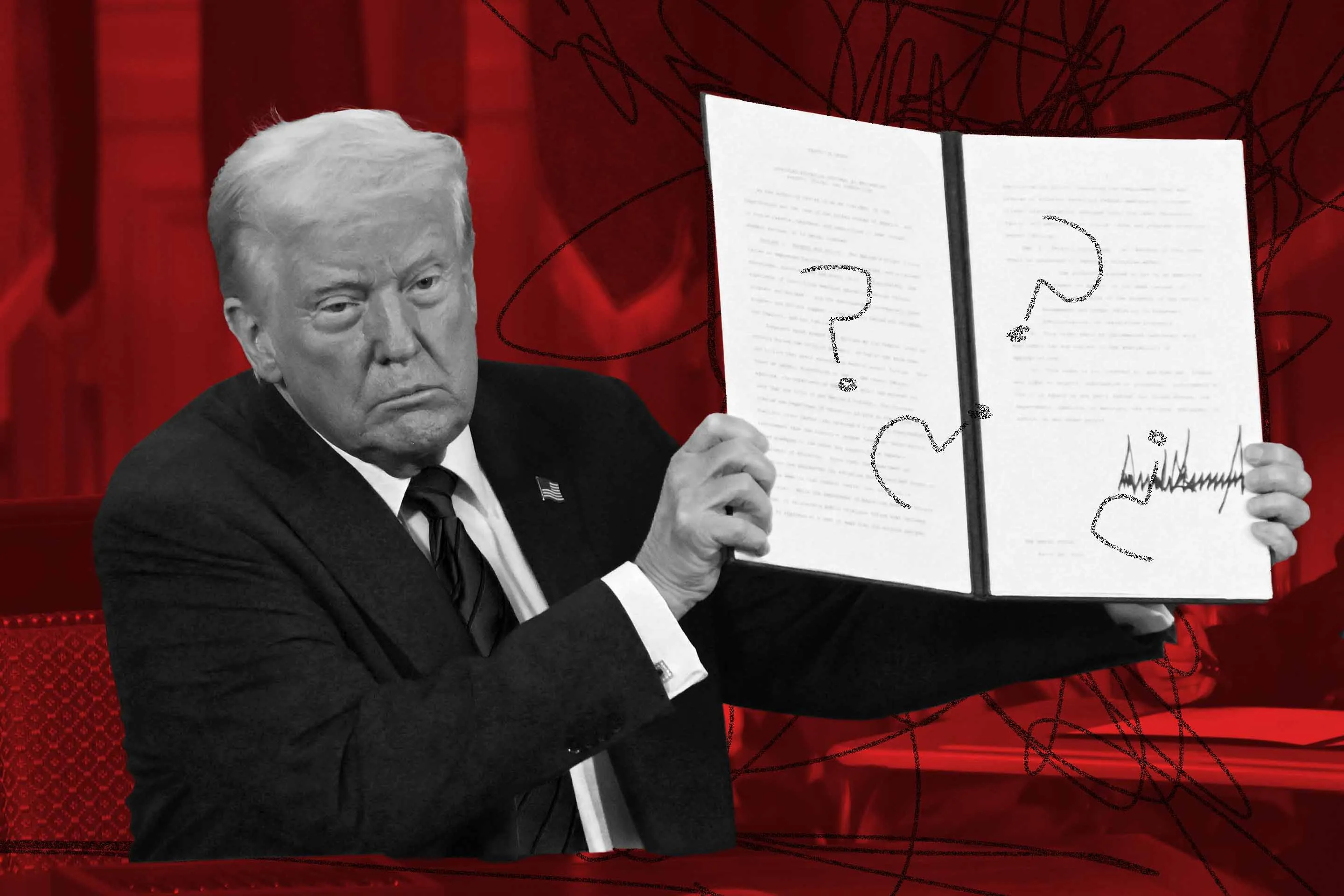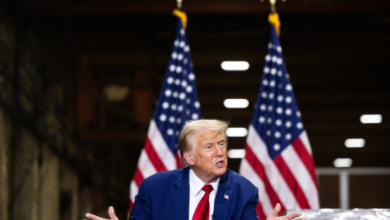The Middle East Faces the Risk of Escalating Into a Full-Scale Conflict

The situation in the Middle East is intensifying rapidly, putting the region on the edge of a full-scale war. Fyodor Lukyanov, a prominent Russian foreign policy expert, warns that recent tensions, particularly between Israel and Palestine, could spiral into a much broader conflict involving multiple nations.
Several factors have fueled this escalation. Long-standing grievances over territory, political disputes, and external interventions have created a tinderbox. Lukyanov highlights that the involvement of key regional players like Iran, Saudi Arabia, and Turkey—combined with international interests from countries like the U.S. and Russia—adds layers of complexity to an already fragile situation.
The role of external powers in the Middle East is significant. Historically, outside influence has shaped the dynamics of the region, but Lukyanov argues that current global shifts, including a weakened U.S. influence, have left a power vacuum that local actors are rushing to fill. The risk is that this competition for control could erupt into widespread violence.
The potential for conflict is not only limited to the Israeli-Palestinian struggle. Lukyanov suggests that growing regional rivalries and proxy battles could lead to unforeseen consequences. If diplomatic efforts fail, the region might see a chain reaction of destabilization that affects neighboring countries and beyond.
With tensions running high, the international community is urged to engage in urgent peace talks to prevent a catastrophic conflict. A full-scale war in the Middle East would have devastating global implications, from humanitarian crises to disruptions in the global energy supply.





